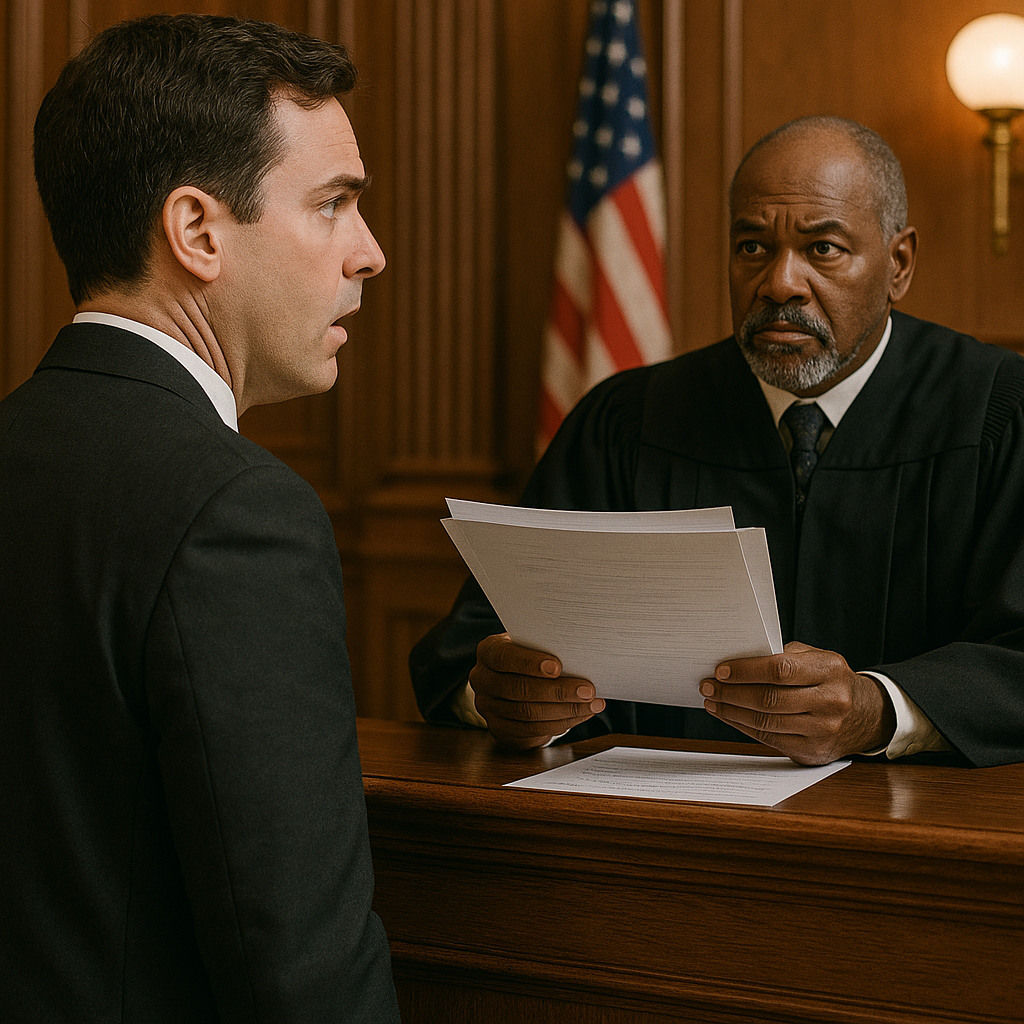The Texas Supreme Court displayed its strong preference for appraisal this past Friday, May 6, 2011. In In re Universal Underwriters of Texas Ins. Co., No. 10-0238 (Tex. May 6, 2011), the Court stated what a party must show to successfully argue that another has waived its right to appraisal.
The Court clarified that unreasonable delay alone is not sufficient to prove a waiver of appraisal. Importantly, the Court explained reasonableness of a delay is measured from “the point of impasse,” which is a mutual understanding that neither party will negotiate further. An impasse is not a disagreement over the amount of loss, and ongoing negotiations, an insurer’s offer or its refusal to recognize additional damages is not an impasse. Until there is a mutual understanding that neither party will negotiate further, there is no impasse. The Court further explained that using the point of “impasse” as the starting point to measure a delay is consistent with Texas’ definition of waiver as an “intentional relinquishment of a known right or intentional conduct inconsistent with claiming that right.”
Once the parties have reached an impasse, Texas law requires that appraisal must be invoked within a reasonable time. Even so, the Court announced that “mere delay” is not sufficient to find that a party has waived appraisal. Applying the Court’s previous analyses of waiver in arbitration to appraisal, the Court concluded the party asserting waiver must also prove that it was prejudiced by the unreasonable delay.
Turning to the facts of the case before them, the Court held that the insurer’s invocation of appraisal, four months after the parties’ last communication and after the insured filed suit, was reasonable because the parties had not reached an impasse, until the insured filed suit. The insurer left the negotiations open in its last correspondence, and it was not aware that no further negotiations would occur until it learned of the suit.
Further, even if the insurer had waited an unreasonable amount of time before requesting appraisal, the insured did not prove that it was prejudiced by the delay. In reaching this conclusion, the Court took care to note that under the policy at issue, there was no time limit for invoking appraisal and that both parties had the same opportunity to demand appraisal.
After concluding that a showing of prejudice is required prior to establishing waiver of appraisal, the Court noted the level of difficulty associated with such a task:
It is difficult to see how prejudice could ever be shown when the policy, like the one here, gives both sides the same opportunity to demand appraisal.
When the insured pointed out that there has never been such a requirement in Texas, the Court stated:
Our failure to explicitly require prejudice is more a function of the paucity of cases in which we have addressed waiver of appraisal than its inapplicability to the doctrine.
Clearly, this opinion will make it difficult to prove a waiver of appraisal. And, even though the Court clearly intended the new prejudice hurdle to lessen litigation, it may have the opposite effect. There will likely be an increase in litigation as trial and appellate courts are called on to define prejudice.




